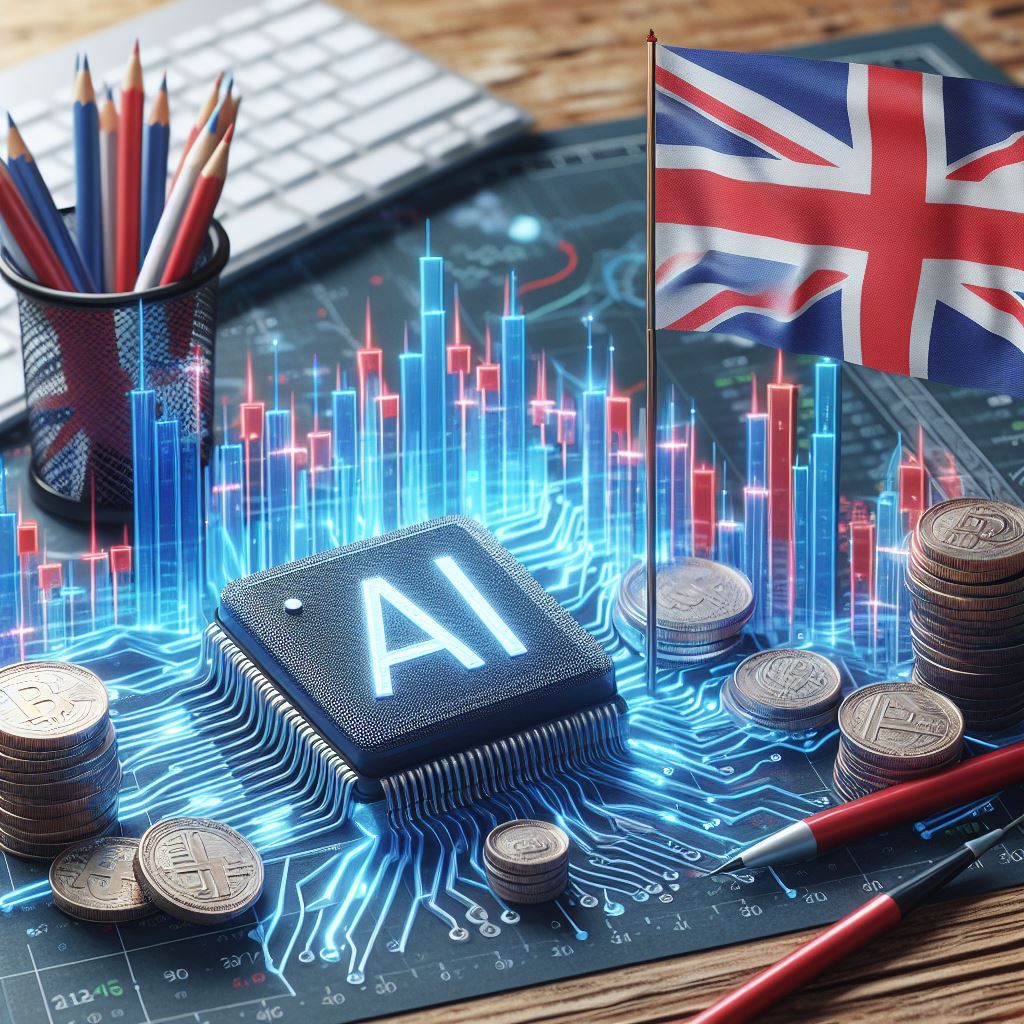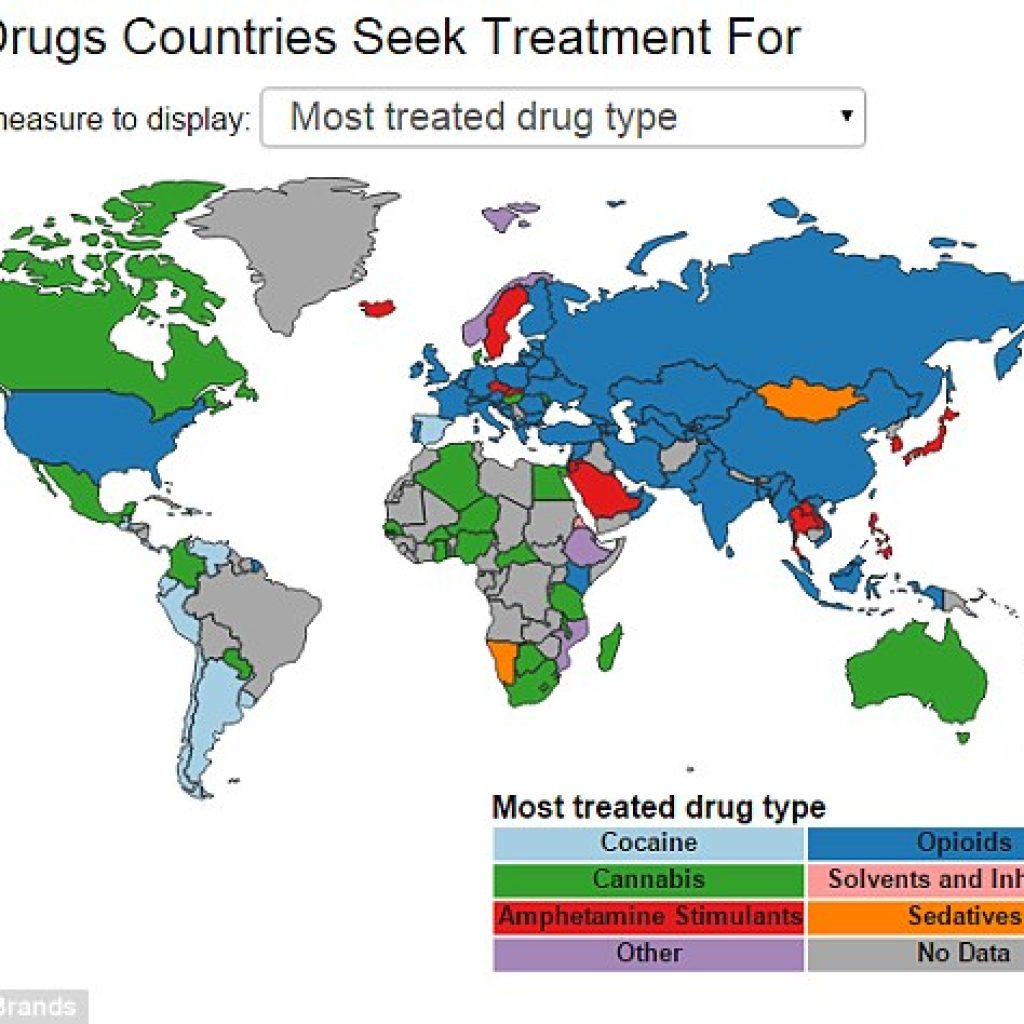Concerns have been raised about the potential for a new form of “colonization” through artificial intelligence (AI). Seydina Moussa Ndiaye, a distinguished member of the UN’s High-Level Advisory Body on Artificial Intelligence and a key figure in Senegal’s digital transformation, emphasizes the urgent need for Africa to harness AI’s potential responsibly. As AI promises to revolutionize sectors from agriculture to healthcare, the involvement of local actors and the protection of African data against exploitation by foreign corporations are paramount.
AI’s Potential to Transform Africa
Africa stands on the brink of a technological renaissance with AI at its core. Countries across the continent are beginning to recognize the transformative power of AI, with several nations crafting dedicated strategies to leverage this technology. The promise of AI extends across various sectors, offering solutions to longstanding challenges such as agricultural productivity and healthcare accessibility. Moreover, AI presents a unique opportunity to amplify and preserve the rich cultural identities of African nations on the global stage.
However, the advent of AI is not without its perils. Ndiaye warns of a scenario where Africa’s AI landscape could be dominated by large multinational corporations, sidelining local innovation and talent. The risk of Africa becoming a testing ground for unregulated and potentially harmful AI and biotechnological applications looms large, raising ethical and safety concerns.
The Role of the UN’s AI Advisory Group
In response to these challenges, the UN’s AI advisory group, of which Ndiaye is a member, aims to provide a platform for addressing critical issues related to AI’s development and deployment in Africa. This group represents an important step toward ensuring that the continent’s voice is heard in the global dialogue on AI, advocating for international scientific cooperation that benefits all countries, including those less developed.
The path forward for Africa in the age of AI is fraught with both promise and peril. The continent’s engagement with this transformative technology must be carefully managed to harness its benefits while safeguarding against potential exploitation and harm. The international community, led by bodies such as the UN’s AI advisory group, plays a crucial role in supporting Africa’s journey toward a future where technology serves as a catalyst for sustainable development and cultural preservation, not a tool for a new form of colonization.





